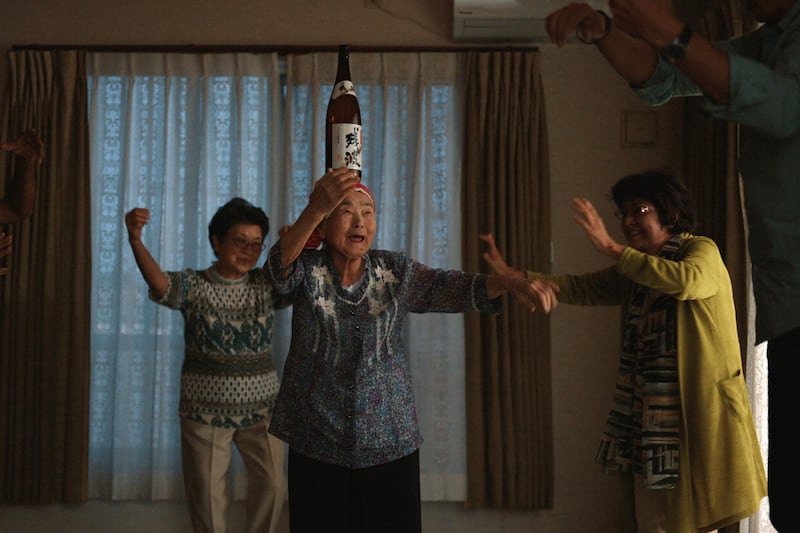The Long Song, BBC 1, Tuesday at 9pm
The BBC’s latest period drama took us to the sugar plantations of Jamaica in the early 1830s.
The abolition of slavery was approaching and the brutal response of the British plantation owners to a revolt in the Caribbean island led in part to the decision to outlaw slavery in the British empire in 1834.
Our hero, and narrator, is July. She is born to a slave field worker who is raped by a Scottish gang master and is “taken” from her mother aged about six by the sister of the plantation master to be trained as her maid.
She is moved to the house and re-named Marguerite without a flicker of sympathy for her mother Kitty.
“She is my property after all, take her if you want her,” the master says to his sister, Caroline Mortimer after she spots the child while out riding in the fields.
There are a series of beatings and humiliations for the slaves but July is impudent with Ms Mortimer.
Based on the novel by Andrea Levy, initially we see the family as benign and ineffectual. Ms Mortimer is ridiculed by the slaves for her efforts to impress the neighbours and create a social life for herself.
Things change rapidly however, when word spread of a revolt in town, inspired it seems by baptist preachers telling the African slaves they are the equal of white men.
The revolt of 1831 lasted more than a week and involved up to 60,000 slaves. It was crushed by British forces, with hundreds killed and hundreds more executed afterwards, including July’s mother Kitty.
She had saved July’s life at their Amity plantation. The master of the house returned home after days fighting convinced that he was doomed and shot himself in the head.
They slaves battled with the white workers, with July’s boyfriend shot dead by her rapist father who then turned his gun on his own daughter. Before he could pull the trigger, Kitty stabbed him in the back.
By the second of three episodes the new master had arrived. Robert Goodwin shocked everyone by announcing that the days of slavery were over, but life didn’t improve much for the former slaves.
There were problems with The Long Song. Some of the characters were one dimensional, I struggle to see past Lenny Henry as a comedian and occasional scenes did not seem to fit with the historical context.
For instance, when July realises that the slaves have seized control of the big house, she does a knee-slide across the polished wooden floor. And when Ms Mortimer first sees the July as a child, she can’t believe how “cute” she is. Hardly a word of the mid 19th century.
Nonetheless, it was moving and disturbing and as ever the three episodes are available on the iPlayer.
***
BBC Sports Personality of The Year, BBC 1, Sunday at 8pm
It’s time for SPOTY to be moved off to the archives section of the BBC.
The show just doesn’t work anyone, with the slide downwards beginning with the re-naming of the show from the Sports Review Of The Year two decades ago.
The winner - cyclist Geraint Thomas - seemed a reasonable choice, but there was fair criticism about some outstanding sports people who were left off the short list.
The BBC’s own golf correspondent decried the corporation’s decision to ignore Georgia Hall’s victory in the British Open and correctly pointed out that a British woman winning or even getting to the final of Wimbledon would have dominated the show.
Equally aghast were snooker fans, with Ronnie O'Sullivan not making the shortlist despite his monumental achievement in winning a record breaking 19th ‘triple crown’ title.
Return it to a review programme and forget the popularity contest.










